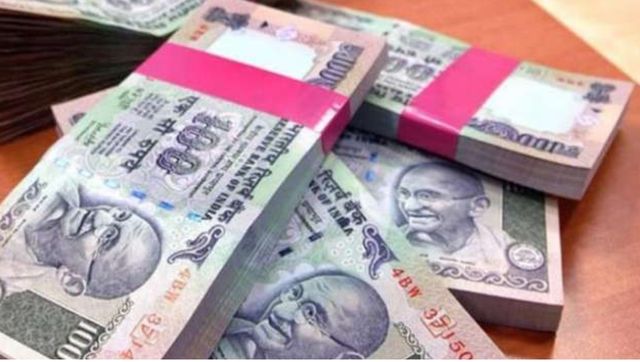We frequently come across currency notes in damaging situations. As such notes are still available in the market, it’s feasible that one day you’ll get one from an ATM. While it is possible to refuse to take damaged notes from a vendor or a person, there is no way to return them to an ATM. However, according to the Reserve Bank of India (RBI), a person can exchange dirty, torn, or damaged notes for new ones at any branch of a public sector bank. Additionally, one can also replace such notes at any private sector bank’s currency chest branch as well as any RBI issuing office. Notably, there is no paperwork needed when visiting a bank branch to exchange notes. Additionally, the RBI offers a facility for exchanging damaged notes called a Triple Lock Receptacle (TLR) cover. In this procedure, the damaged note can be placed within a TLR cover that has been obtained from the RBI’s inquiry counter. Before placing notes in the Triple Lock Receptacle box, you should note information such as your name, address, and the note denominations in the appropriate columns on the cover. After delivering the damaged notes, a paper token will be handed to you. The acceptable exchange value of the currency notes is then transferred to the depositor through a bank draft or pay order after the note has been placed. Conditions for exchanging notes:
- The RBI defines soiled notes as those that are in two pieces, have stains, are somewhat cut, or have turned dirty. If the cut does not go through the note’s number panels, the stained notes can be exchanged for clean ones
- The RBI classifies mutilated notes as those that are missing the necessary components such as the name of the issuing body, guarantee, promise, clause, signature, the Ashoka Pillar, emblem, Mahatma Gandhi’s image, and a watermark. These notes are likewise easily exchangeable, but the exchange value is paid in accordance with the Note Refund Rules of the RBI
- The RBI advises that severely dirty and fragile notes, that are burned, charred, or are inseparably glued up together and cannot sustain regular handling, will not be accepted for exchange by any bank
- The bank will take soiled notes in exchange for a receipt if there are more than 20 of them and the total value exceeds Rs 5,000 every day. The bank may levy service charges in accordance with RBI regulations
- When there are up to five pieces of damaged notes, one can obtain the exchange value at the bank branch counter. The RBI suggests sending mutilated notes to the local currency chest branch along with the issuer’s bank account information when the notes are many and are worth more than Rs 5,000.
Read all the Latest News , Trending News , Cricket News , Bollywood News , India News and Entertainment News here. Follow us on Facebook, Twitter and Instagram.


)

)
)
)
)
)
)
)
)



